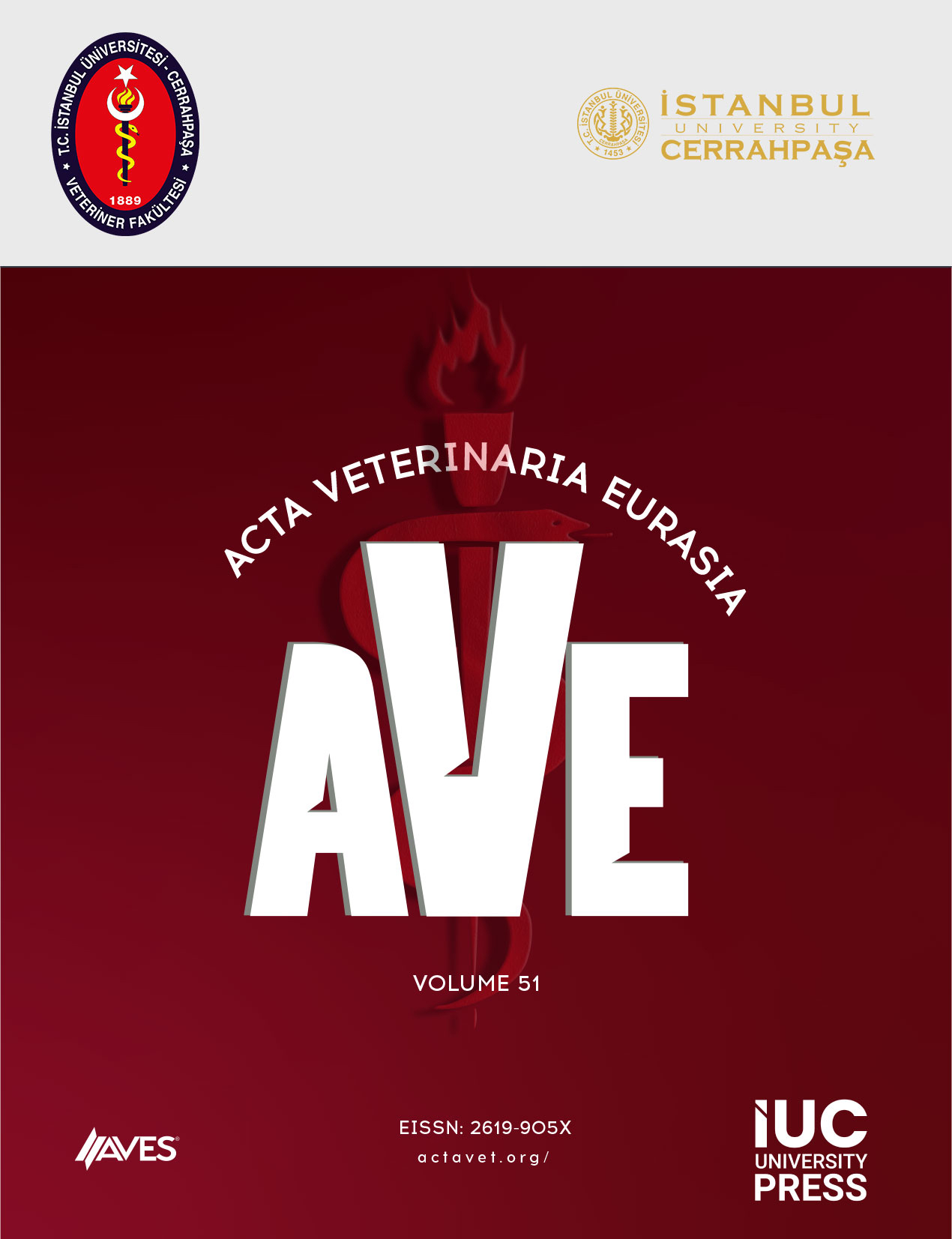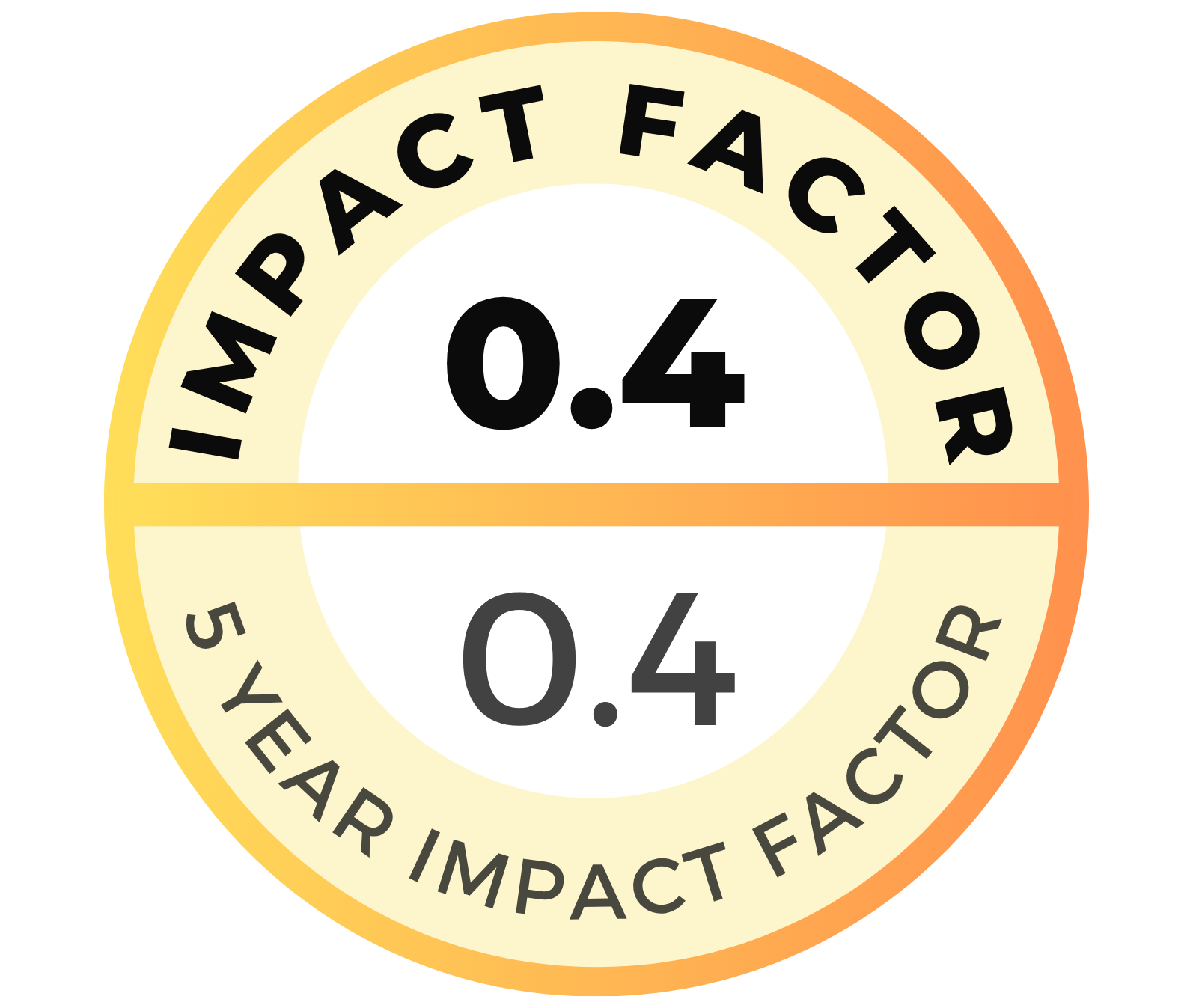The aim of this study is to investigate the presence of methicillin resistant staphylococci, particularly methicillin resistant Staphylococcus aureus (MRSA), from the dogs and cats that brought to the Veterinary Faculty clinics and the staff in those clinics, and risk of the environmental contaminations in the clinics. For this purpose; swab samples were collected from nasal mucosa of 18 staffs, nasal and oral mucosa of 7 cats and 21 dogs. For determination of environmental contamination 33 swab samples from various surfaces of the clinics were collected. Gram positive cocci were identified following after the determination of methicillin resistance by disc diffusion method. All the isolates examined for the presence of the mecA gene by PCR, for molecular typing by RAPD-PCR. Antibiotic susceptibilities of the isolates were determined. Three (42.9%), 5 (23.8%), 19 (57.6%) and 13 (72.2%) methicillin resistant coagulase negative staphylococci (MRCoNS) were isolated out of 7 cats, 21 dogs, 33 environmental and 18 staff samples, respectively. While S. hominis were isolated predominantly, no MRSA were isolated from the samples. Out of 41 isolates 87.7%, 63.4%, 58.5% of them were resistant to penicillin G, erythromycin and tetracycline, respectively.





.png)